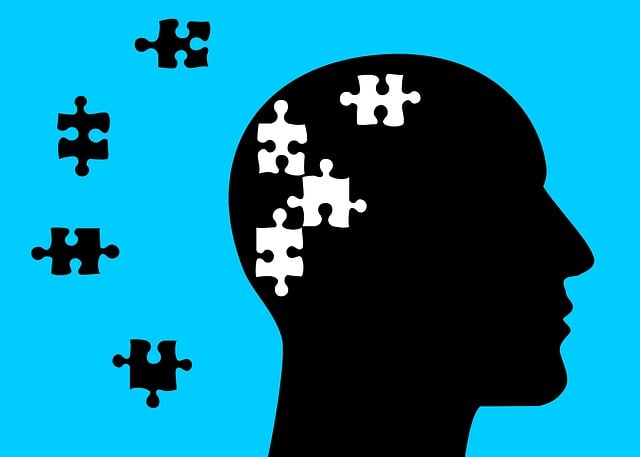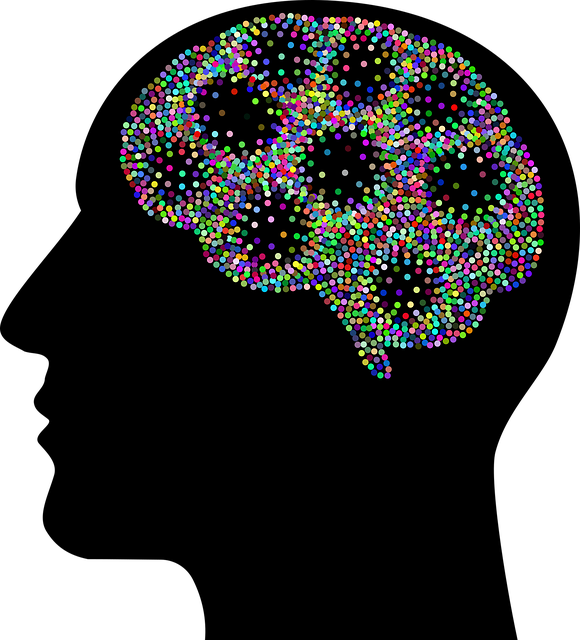Lone Tree Psychological Testing Therapy offers crisis intervention services, utilizing evidence-based practices like active listening, mindfulness meditation, and mental health education to stabilize clients, empower them with long-term coping mechanisms, and promote holistic recovery. Their tailored strategies, including individual and group therapy, address immediate distress while fostering resilience and self-esteem improvement for unique post-crisis care.
In times of crisis, effective intervention can make a world of difference. This comprehensive guide explores crisis intervention strategies, offering valuable insights for professionals and caregivers. We delve into the core concepts, starting with a definition and importance of crisis intervention, followed by recognizing psychological distress through Lone Tree Psychological Testing. Key therapy approaches and post-crisis care strategies are detailed, emphasizing the role of therapy in recovery. By understanding these techniques, we empower ourselves to provide supportive, effective interventions during challenging times.
- Understanding Crisis Intervention: A Definition and Importance
- Identifying Red Flags: Recognizing Psychological Distress in Individuals
- Lone Tree Psychological Testing: Tools for Assessment during Crises
- Therapy Approaches for Effective Crisis Intervention
- Implementing Supportive Strategies: Post-Crisis Care and Recovery
Understanding Crisis Intervention: A Definition and Importance

Crisis intervention is a critical and specialized field within psychology and therapy that focuses on providing immediate support to individuals facing severe emotional distress or traumatic events. It involves a range of strategies aimed at stabilizing the person, ensuring their safety, and helping them cope with the crisis at hand. The primary goal is to offer effective short-term relief while also empowering individuals to develop long-term coping mechanisms.
Understanding crisis intervention is essential for mental health professionals like those at Lone Tree Psychological Testing Therapy. By implementing evidence-based practices, therapists can assist clients in navigating challenging situations and promoting self-esteem improvement. This process may include techniques such as active listening, emotional validation, and teaching individuals skills to enhance their social interactions through social skills training. Additionally, encouraging the development of a healthy self-care routine can be a transformative aspect of crisis intervention, fostering better mental health overall.
Identifying Red Flags: Recognizing Psychological Distress in Individuals

Recognizing psychological distress is a vital step in crisis intervention. Training and education are crucial to identify red flags that may signal someone is struggling. Professionals, including therapists at Lone Tree Psychological Testing & Therapy, should be adept at recognizing changes in behavior, mood, or thoughts as potential indicators of underlying mental health issues. These could manifest as sudden disinterest in activities once enjoyed, significant changes in appetite or sleep patterns, or persistent feelings of sadness and hopelessness.
The concept of Mind Over Matter Principles emphasizes the power of mental resilience, suggesting that fostering self-awareness and healthy coping mechanisms can be transformative. This is supported by Mental Health Education Programs Design, which equip individuals with knowledge about their emotional well-being, enabling them to recognize distress early on. Additionally, encouraging Self-Care Practices plays a pivotal role in crisis prevention, as it promotes overall mental health and builds resilience against stressful situations.
Lone Tree Psychological Testing: Tools for Assessment during Crises

In moments of crisis, effective assessment tools are vital to guide interventions and provide the best care for individuals in distress. Lone Tree Psychological Testing offers a range of evidence-based methods to help professionals navigate turbulent times with precision. These assessments go beyond traditional therapy techniques by incorporating innovative practices such as Mindfulness Meditation and Compassion Cultivation to offer comprehensive support.
By leveraging these advanced tools, therapists can gain valuable insights into an individual’s mental state during crises. This enables them to tailor interventions specifically for Anxiety Relief, fostering a more effective healing environment. The integration of various assessment techniques ensures that the needs of each client are met with care and expertise, ultimately enhancing the therapeutic journey.
Therapy Approaches for Effective Crisis Intervention

In crisis intervention, various therapy approaches play a pivotal role in guiding individuals through acute stress and trauma. Lone Tree Psychological Testing Therapy, for instance, leverages evidence-based practices to assess and address underlying psychological issues. This tailored approach not only provides immediate relief but also equips clients with coping strategies for long-term resilience. The process involves active listening, empathy, and a deep understanding of the individual’s unique circumstances, fostering an environment where they feel heard and supported.
Incorporating Mind Over Matter principles within these interventions empowers individuals to reframe their perspectives and cultivate mental wellness. Mental Wellness Coaching Programs Development can further enhance this by offering personalized guidance tailored to specific needs. By focusing on Self-Esteem Improvement, these programs help clients rebuild confidence and foster a positive self-image, which is essential for navigating challenging situations effectively.
Implementing Supportive Strategies: Post-Crisis Care and Recovery

After an initial crisis intervention, the focus shifts to post-crisis care and recovery. This is a critical phase where individuals can begin to rebuild their lives and develop coping mechanisms for future challenges. At Lone Tree Psychological Testing & Therapy, we understand that each person’s journey towards recovery is unique. Therefore, our strategies are tailored to support individuals in processing their experiences, managing emotions, and re-establishing a sense of stability.
The process involves a holistic approach, incorporating various therapeutic techniques and support systems. This may include individual therapy sessions to explore personal feelings and thoughts, group therapy for peer support and shared experiences, and community resources to access specialized care if needed. Additionally, our Mental Health Education Programs Design can empower individuals with coping skills development, fostering resilience and proactive depression prevention strategies tailored to their needs.
In conclusion, effective crisis intervention hinges on a multi-faceted approach that combines understanding, assessment, and tailored therapy. By recognizing psychological distress through red flags and utilizing tools like Lone Tree Psychological Testing, professionals can offer crucial support during acute moments. Post-crisis care, emphasizing supportive strategies, facilitates recovery and resilience. Integrating these strategies ensures individuals receive comprehensive assistance, fostering not just survival but also long-term well-being.














